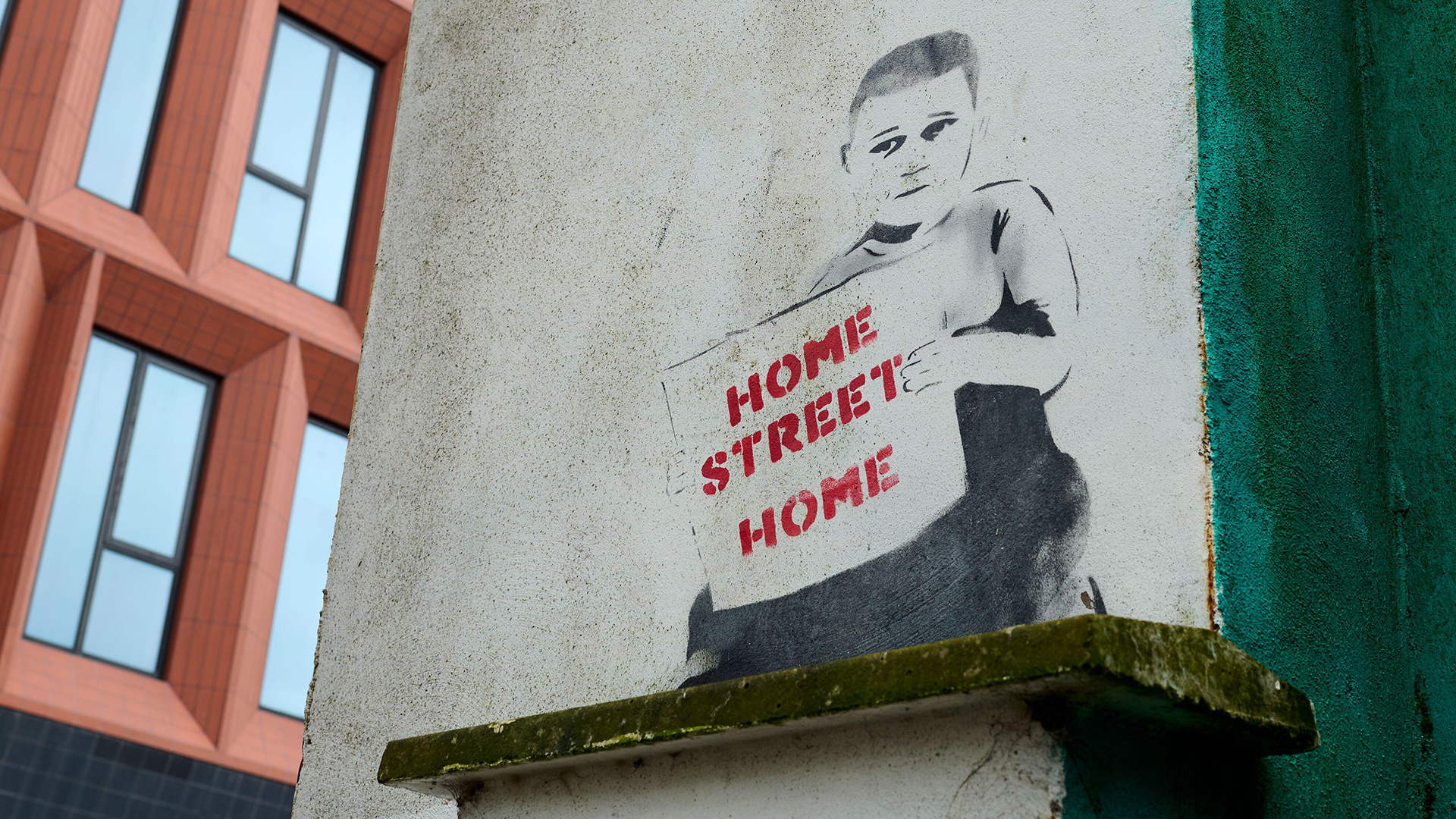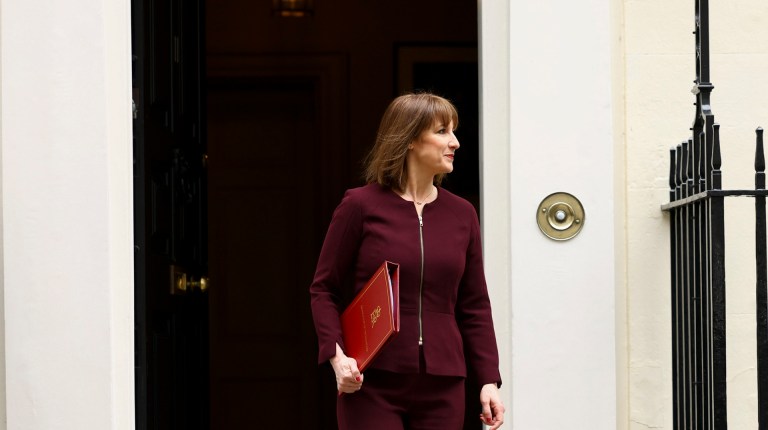Street homelessness has changed in all manner of ways since we started 33 years ago this coming September. Then, we were dealing with thousands of homeless people living on the streets of London, the place that we started: 6,000 reportedly sleeping in the centre of London. This was largely the result of government policy as industries closed down, young people were refused social security and the malaise of government policy expressed itself on the streets of a number of cities. But the principal hit was London where thousands struggled to beg, sell their bodies or thieve to get by.
The waking up to this harsh reality by the Tory government of John Major, saw some reform. Gradually people were removed from the streets and some accommodation was found for them.
Get the latest news and insight into how the Big Issue magazine is made by signing up for the Inside Big Issue newsletter
And then in 1997 Blair swept into office and more work was done as resources increased to end the preponderance of rough sleepers who were an expression of homelessness. That government turned the tide and reduced the number of rough sleepers in our cities. Soon the new century saw an almost clean city, clean of the problems of rough sleeping and begging. But things were not to stay that way: under the coalition government of 2010, fiscal tightness and an increase in displacement led to an increase of street dwellers. The financial crisis of 2008/9 knocked the bollocks out of whatever grand plans the government had for greening jobs and housing and all manner of progressive environmental thinking. I had talks with government about all the green jobs coming our way; but they didn’t arrive because government policy embraced AUSTERITY.
What a killer that was, preparing us for the worst mismatch of reduced government spending and contraction. Meaning that much of our current crisis of housing and poverty is down to austerity’s destruction of the socially supported community we kind of had before.
Ever vigilant to the vicissitudes of street life, the Big Issue embraced anyone who needed help making ends meet. Embraced the arrival of Romanians, let into the UK with Blair’s commitment to the EU’s expansion. Worked with people from other parts of Europe, as did most homeless projects. But under Blair we also saw an increasing reliance on the state to provide more and more. So when austerity became the new policy for a new government, much of what had been achieved was washed away.











